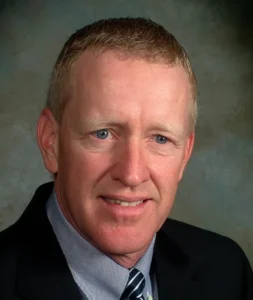I discuss frequently with my Intro to American Government classes what current redistributive policies are likely to mean for them. Along with receiving the majority of the Catholic vote in 2012, the continued support of young persons for the President is a matter of surprise to me – particularly if you assume self-interest is a large factor in determining voting preferences.
A number of reports indicate growing millennial dissatisfaction with the economic direction of the country, borne of the realization that they are being obligated to finance their grandparent’s retirement, as well as the implications of the continued quantitative easing. Cathy Reisenwitz does a good job over at the Forbes site examining the implications of QE for millennials, while Chris Conover at the same site looks at the implications of the ACA (the central strategy of which is to get healthy young Americans to pay the insurance premiums of elderly, less healthy ones). Nick Gillespie at The Daily Beast aims for a more comprehensive take-down of the President from a young person’s viewpoint, an analysis borrowed by Mark Tapscott for the Washington Examiner.
Madison made it clear in Federalist #10 that the conflict of factions could work in a democracy only so long as no one faction could get the upper hand – the result of which would be the “vexing and oppressing” of competing groups. Our deepest factional battles right now, considered economically, are generational, but since the younger generation is neither “organized [nor] actuated,” they are getting clobbered, and the big picture of our party system is that, as things stand, neither party is particularly interested in their interests. In an electoral system such as ours, short term economic thinking will always outweigh long term. Young people would be well advised to get their act together, so to speak.






3 comments
Siarlys Jenkins
It would be rather harsh to say that you are lying to your classes, but I must credit that you believe what you tell them to be true.
The ACA does not ask young people to finance the health care of the elderly. It insists that they should not wait until they are old, grey, and ill, to begin paying modest premiums while receiving extensive health benefits. The grasshopper and the ant, so to speak, except our society has not the cold, hard, heart to kick the grasshopper to the curb when they plaintively ask, “How could you just let me die?” It costs money to maintain hospitals and surgical wards and train specialists. We all pay what we can, we are all covered. (Some of those blithe young people will have heart attacks or appendicitis at unbelievably early ages).
They are not being asked to pay for their grandparents’ retirement either. What they may be asked to do is repay the bonds by which their grandparents prudent retirement savings were loaned to the government to subsidize the young folk’s college loans (along with a lot of other stuff that may or may not have been prudent).
The support of young folks for the president is a surprise to you because… you don’t like the man very much. That’s a variation on the theme “Nobody I know voted for him.”
Gregory Butler
Very interesting Jeff. But if they couldn’t get their act together to thwart the nationalization of the drinking age at 21, I don’t see much hope anywhere.
youngdude
“Young people would be well advised to get their act together, so to speak.”
And go where? The Republicans, the Cut-Taxes-on-the-Rich Party, don’t offer anything for the relatively poor young either.
Comments are closed.